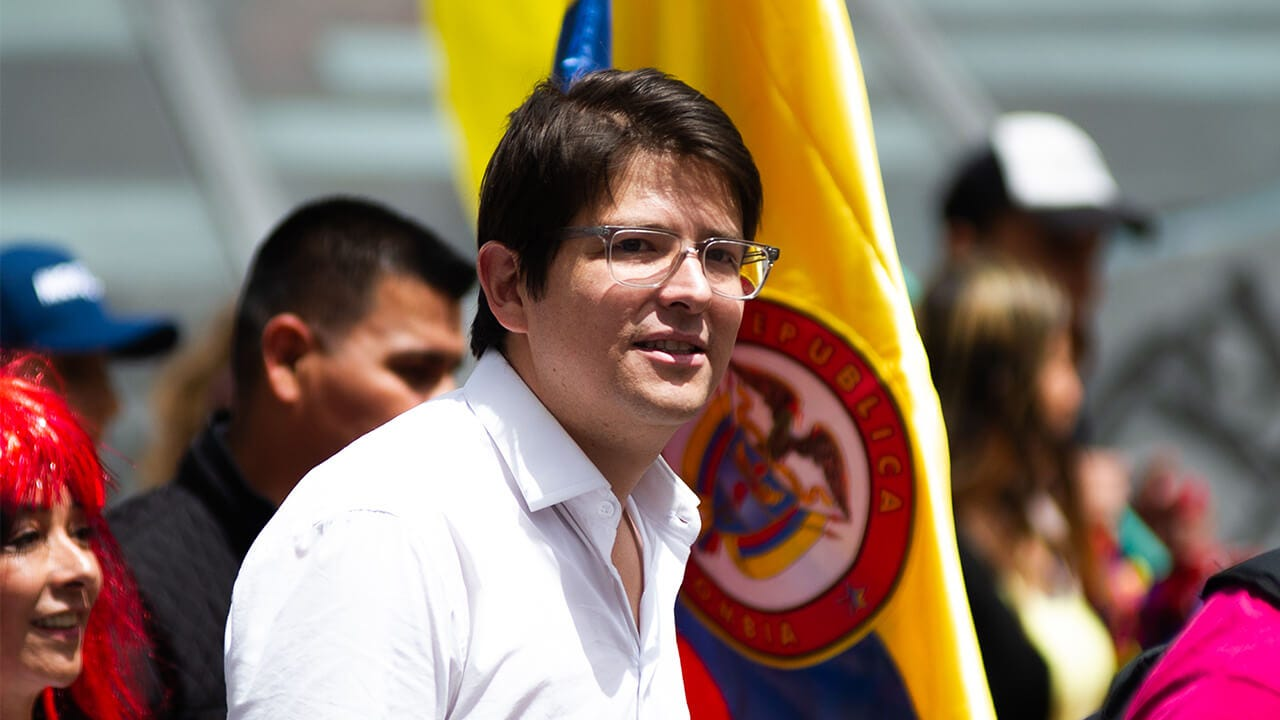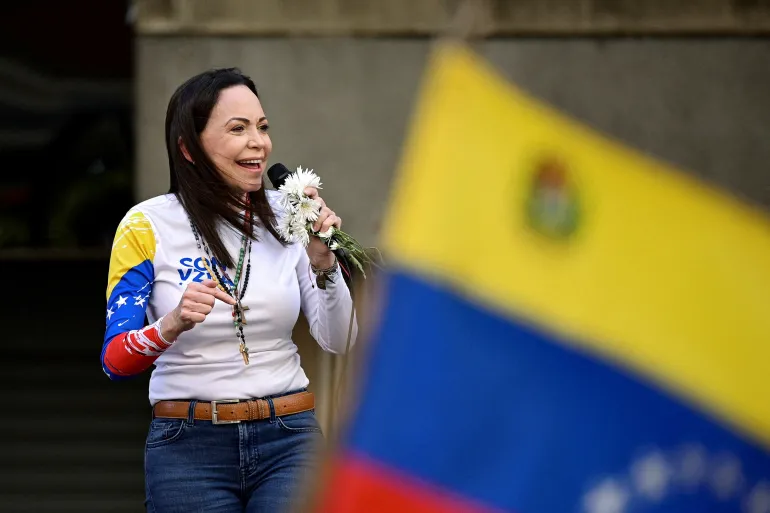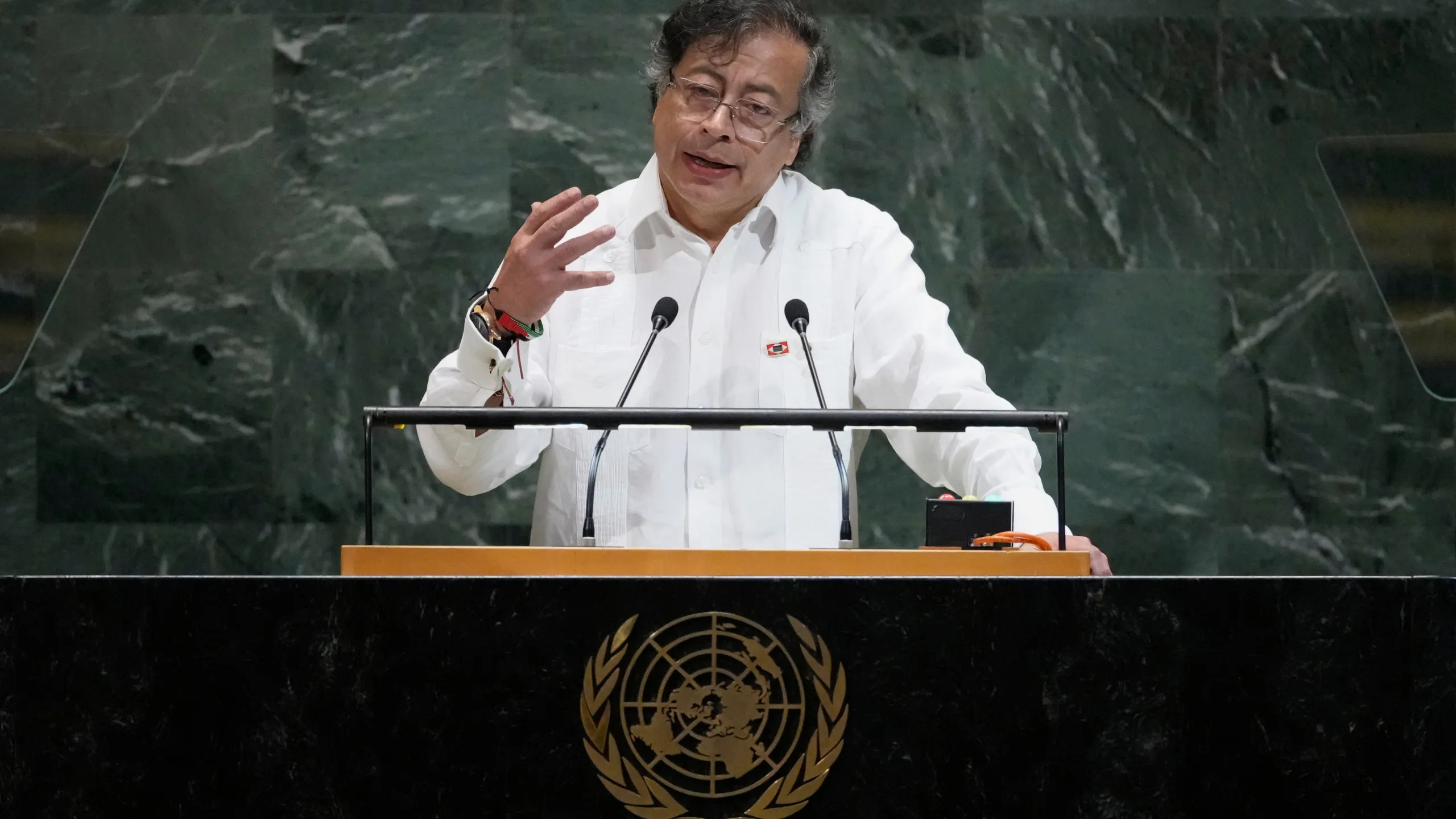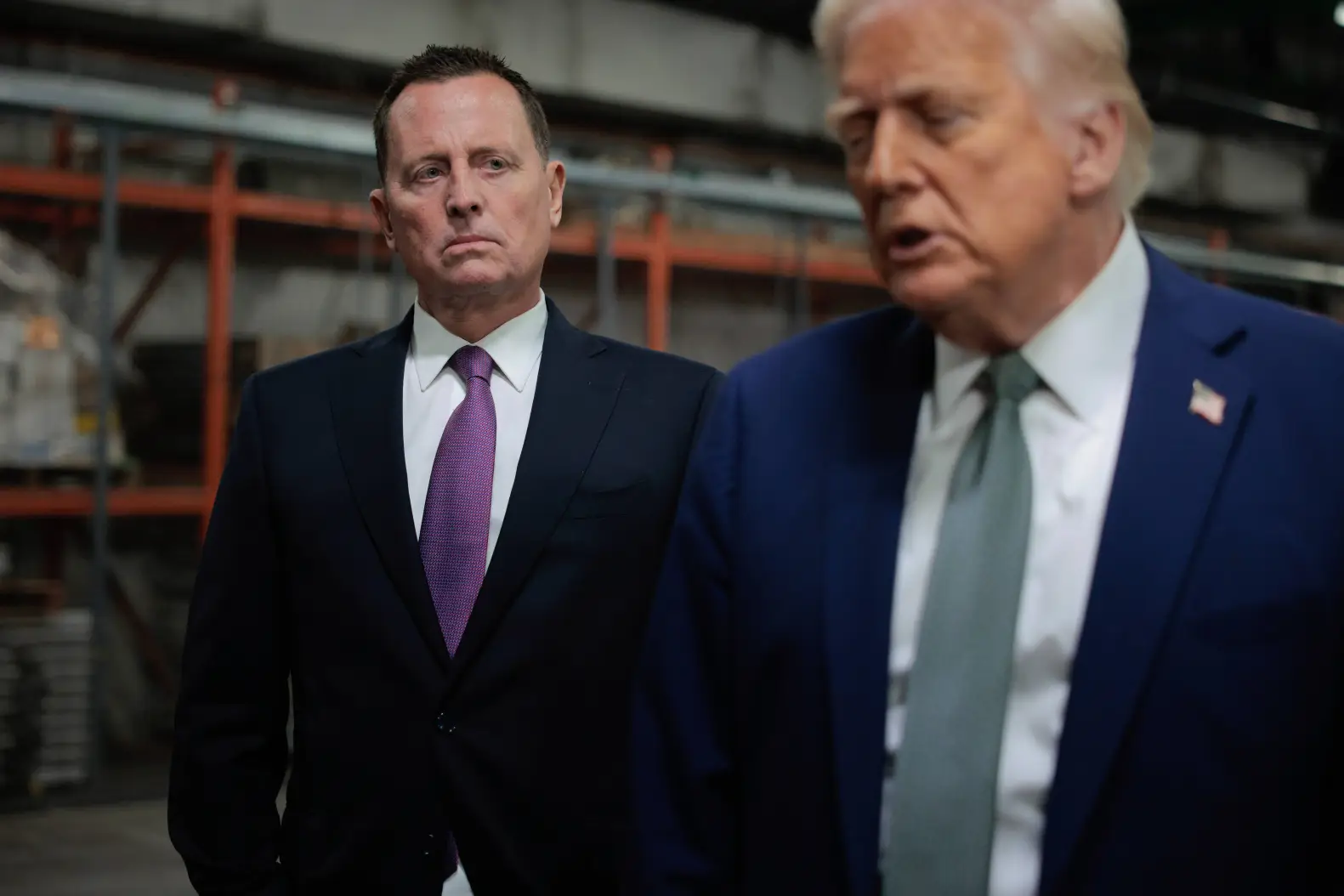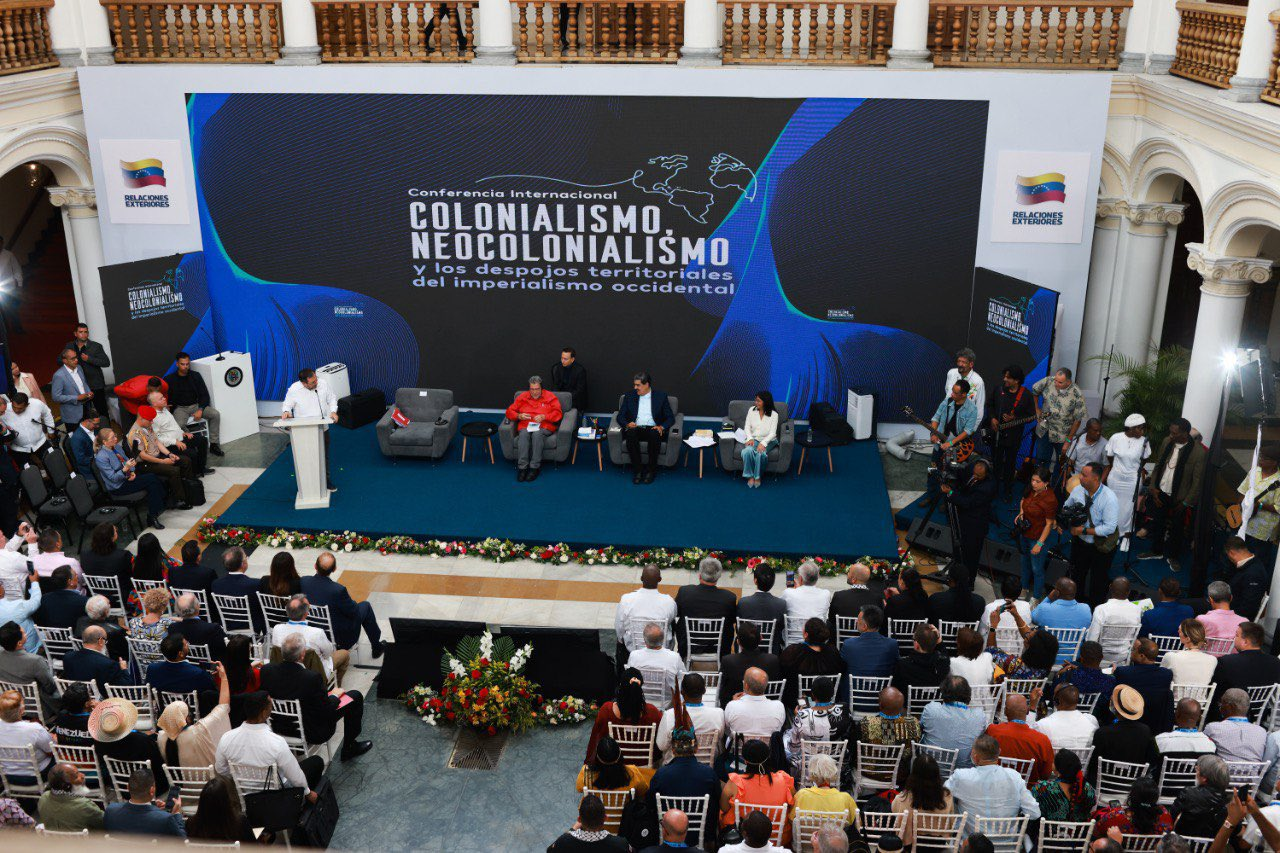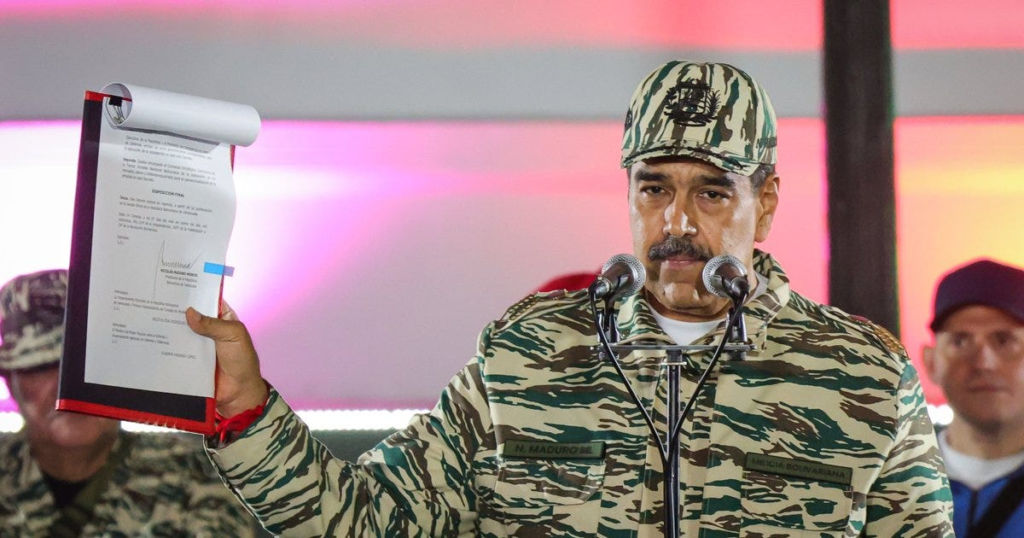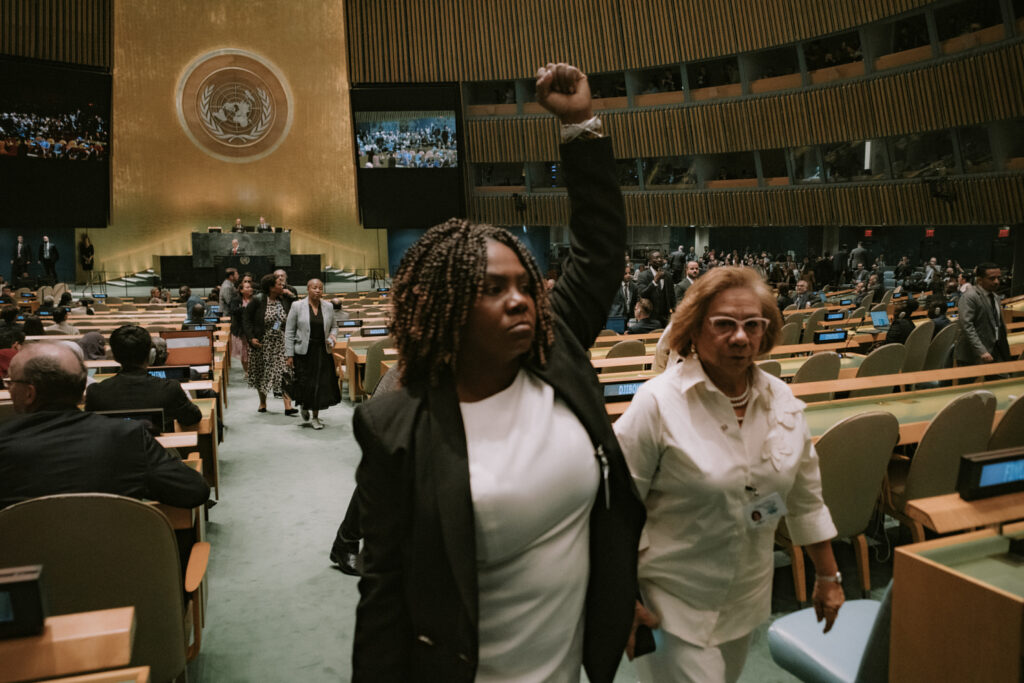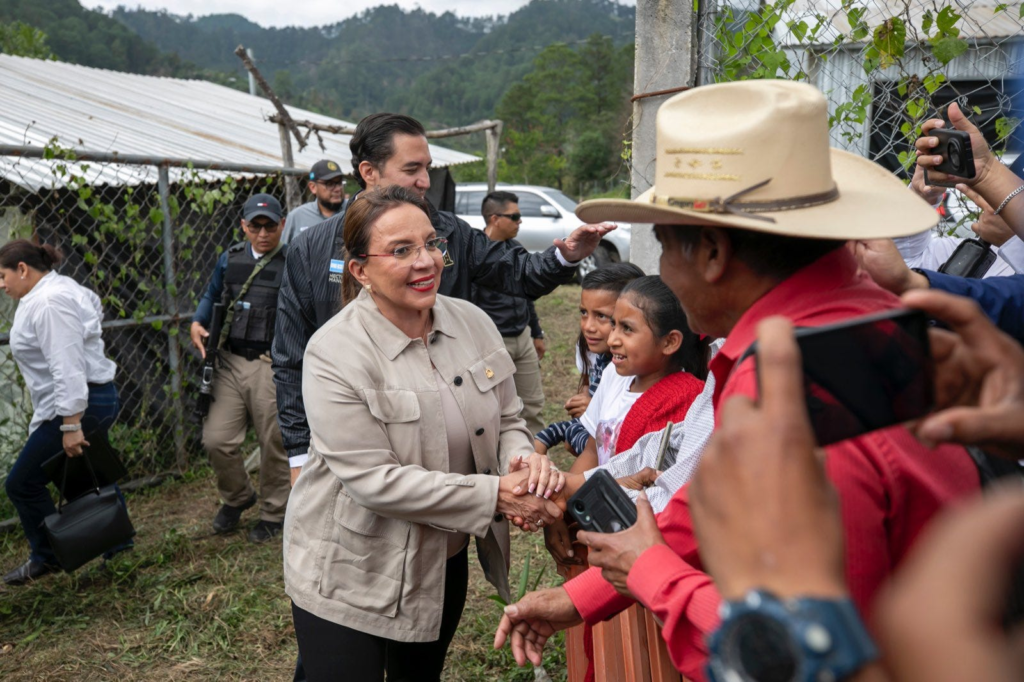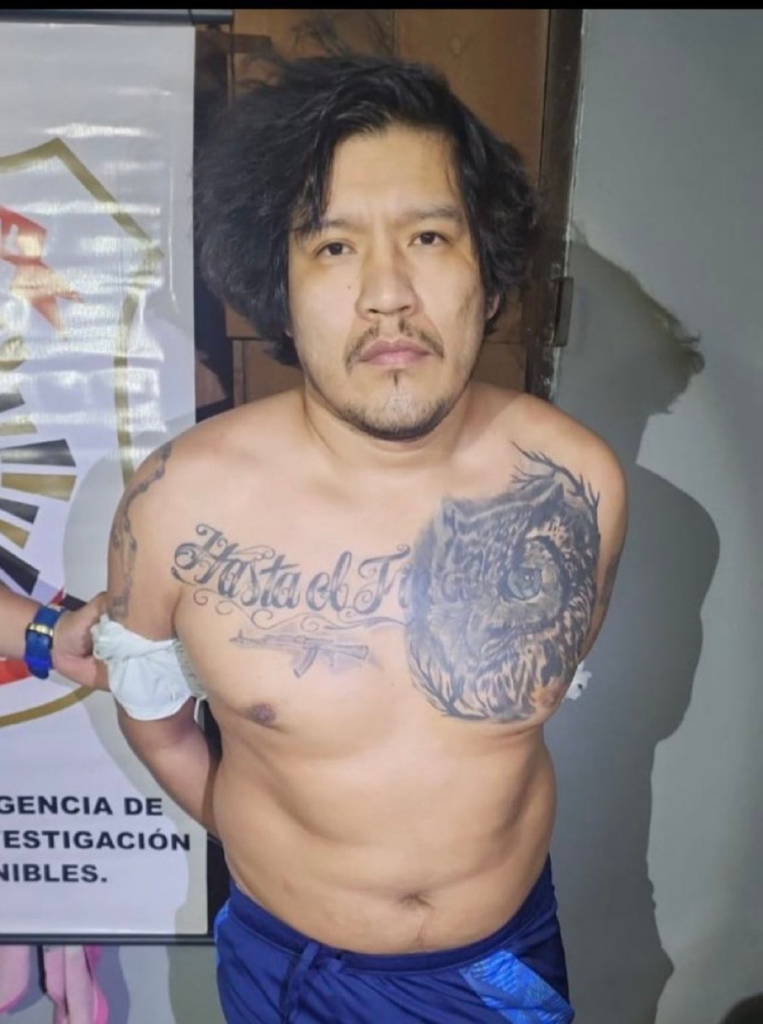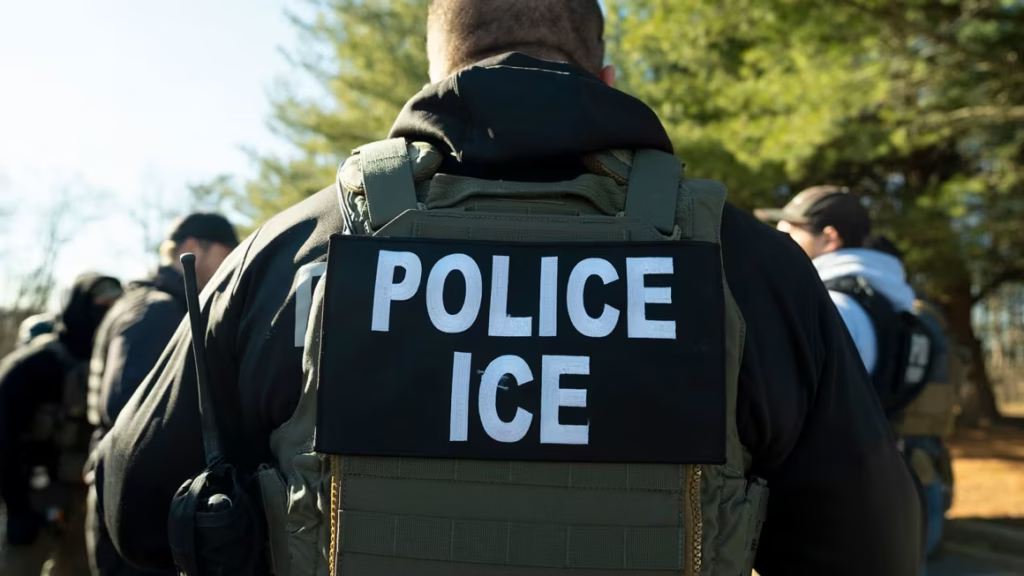Fears of reopening old wounds swept over Colombia this weekend when almost 24 hours before a 6.5 magnitude earthquake shattered the glass facades of busy office buildings around the capital of Bogotá, disaster struck of a different kind when the bright, young presidential candidate of Colombia’s Centro Democrático (Democratic Centre) was struck by a volley of bullets from the gun of a lone assassin.
Senator Miguel Uribe Turbay, 39, was addressing a crowd of supporters Saturday afternoon at a local park in the Modelia neighborhood in Bogotá when a gunman emerged from the crowd, shooting Uribe in the back of the head.
Videos of the incident flooded social media accounts and were shared throughout the world, capturing the attempted assassination and the chaos that quickly ensued. World leaders across the Americas and Europe swiftly condemned the attack and urged Colombians to preserve peace in a country that bears the scars of violent political turmoil.
An event that was supposed to be a joyously impassioned political rally where constituents could gather and express their support for the presidential hopeful, suddenly turned bloody.
Several aides and attendees were seen stuffing the wound with dressing in an attempt to stop the bleeding. Uribe was hurriedly stuffed into a vehicle and was rushed to Santa Fe Hospital in Bogotá where emergency operations were conducted shortly thereafter.
Uribe’s condition was classified as “critical” at the time of publishing, according to hospital staff.
Crowds of advocates and supporters of Uribe occupied the dark, tense streets outside of Santa Fe Hospital in support of their candidate. Late into the night, spectators grew agitated awaiting any news as chants calling for the ouster of the unpopular incumbent liberal President Gustavo Petro grew louder.
Uribe supporters attributed blame for the attack to opposition liberal party leaders.
Vitriol intensified as a result of the attempted assassination as proponents of Colombian conservatism took to X, calling for revenge:
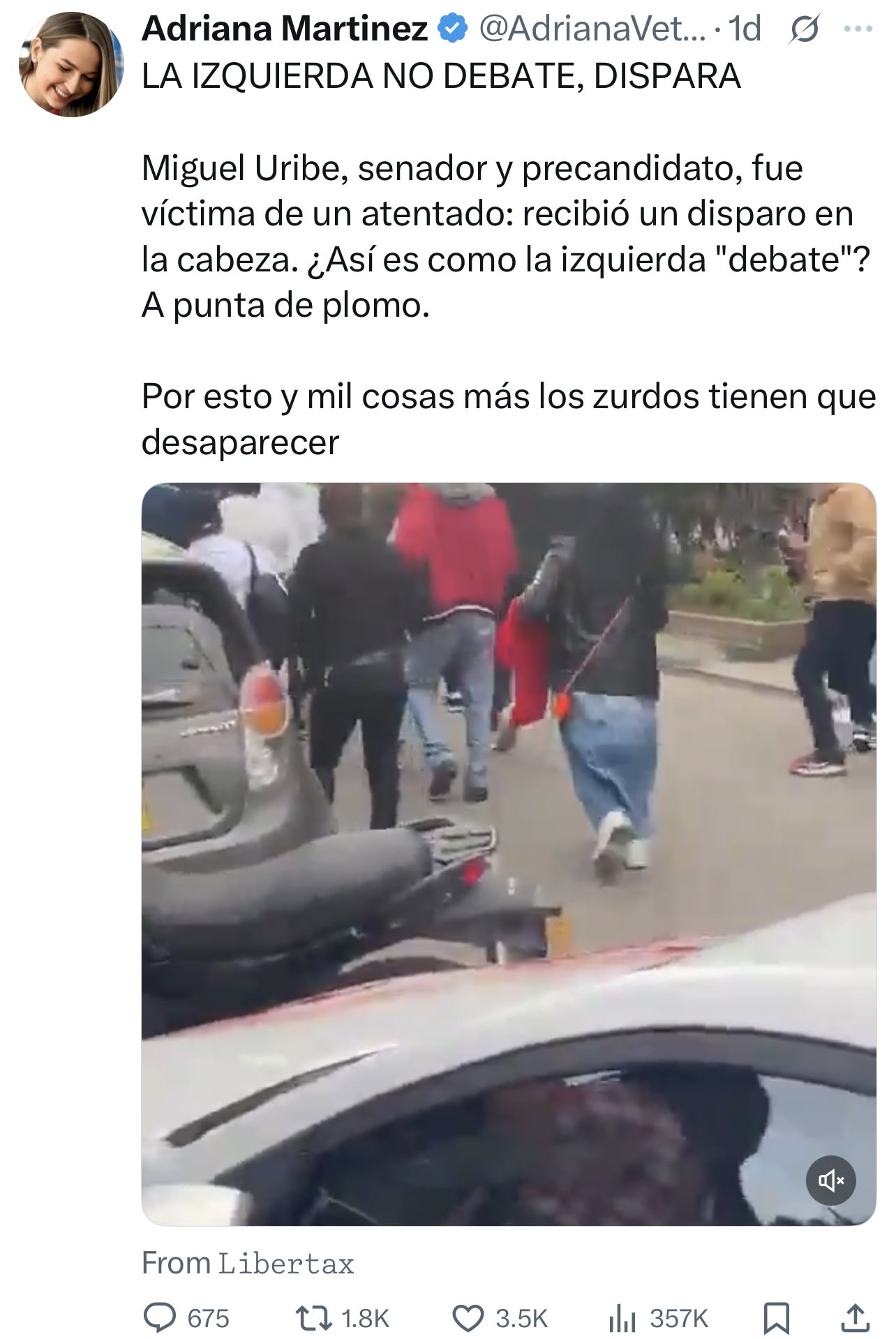
One post read, “Is this how the left “debates?” With bullets. For this and a thousand other reasons, leftists must disappear.”
Another read, “Leftist SONS OF BITCHES attacked Uribe… Leftists aren’t adversaries, they’re enemies.” While a response accuses the “Right” and Uribe of manufacturing the incident.
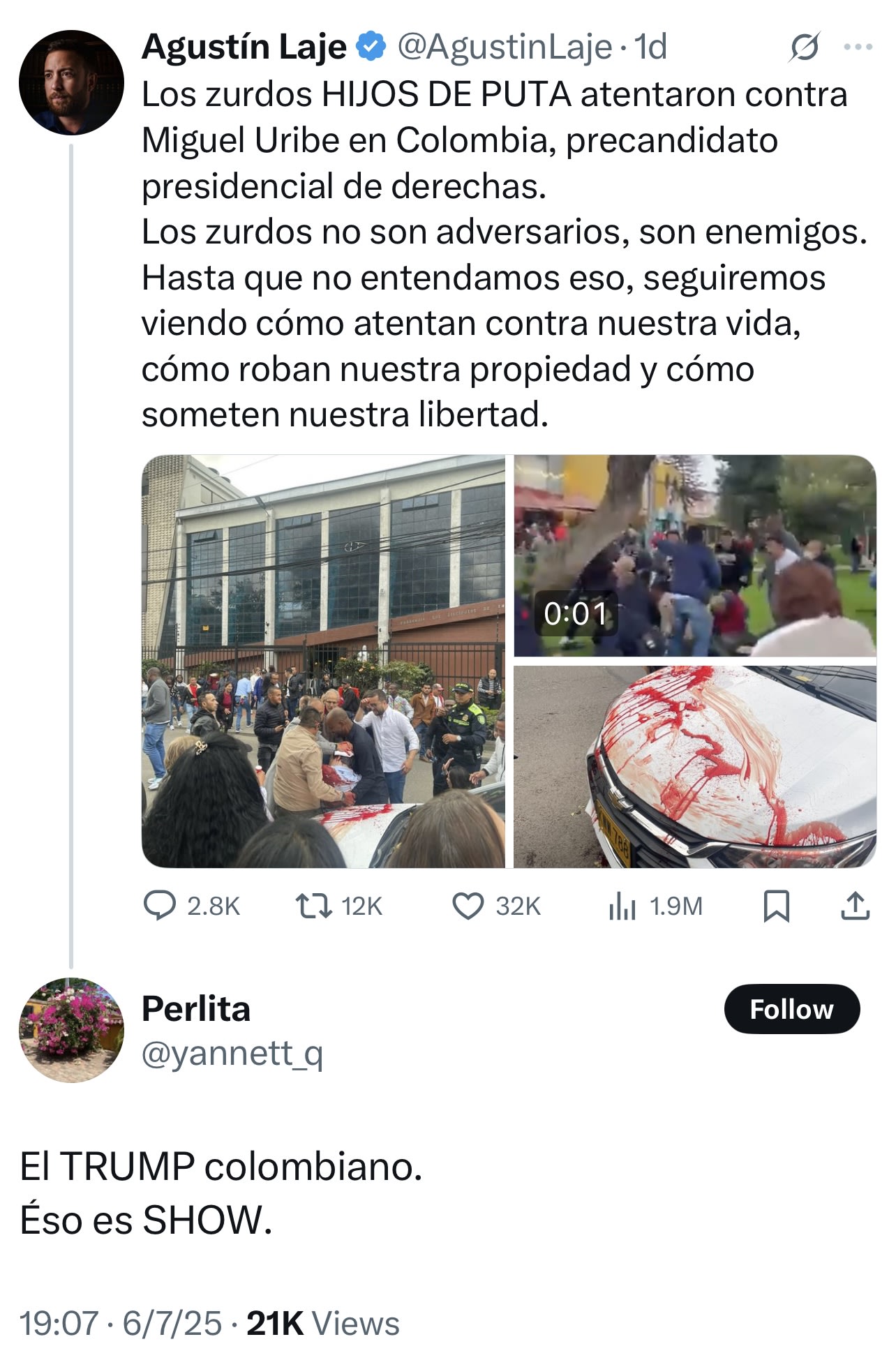
There had been a steady build-up of animosity between the two politicians – Uribe and incumbent left-wing President Petro. While Uribe – one the most ardent critics of the Petro government – has recently been the source of staunch opposition to Petro’s ambitious legislation on labor reforms, Petro himself has been accused of ratcheting up the rhetoric directed against Colombia’s conservative politicians, and is believed to be the source of the vile rhetoric that seems to prevail in Colombian politics. Other conservative critics of Petro claim that the president is inciting violence.
Colombia’s conservative parties have historically been accused of marginalizing the country’s underrepresented political class of poor, urban workers and rural Colombian peasants, who during the 1960s started several guerrilla movements (FARC, ELN, EPL) to push back against the privileged, predominately white land-owning farmers class in Colombia’s southern regions of Caquetá and Putumayo, but also in the northern highland provinces where coffee beans were cultivated for generations.
The conservatives, on the other hand, have publicly disapproved of the way in which the administration has managed the failing security situation in the country. Others believe that Petro has made the situation worse by attempting to pursue an overly lenient approach to the violence destabilizing the northern regions.
Rising violent crime and a bloody turf war in the country’s north in Catatumbo has arisen from the profits of vast territories of coca plantations and lucrative drug routes that are at the center of a bitter contest by warring armed rebel groups and criminal narco-organizations like the Frente 33, or the 33rd Front of FARC dissidents, and the ELN, Ejército de Liberación Nacional.
Petro, 65, and ex-militant of the violent M-19 rebel group during the 1970s, is facing backlash from opposition in Congress and the conservative public after announcing plans to bypass the nation’s congress and bring to the forefront a national referendum to push through his administration’s reform legislation.
Opponents have condemned the measure as “threatening to the nation’s constitutional order.”
The attack on Uribe has raised concerns among the population that the attempt on the life of a nationally prominent politician could spark a domino effect of political violence, not unheard of in the South American republic.
Colombia has a long and treacherous history of revenge and political vendettas, originating in the days of independence from the Spanish in the early half of the 19th century.
Liberals and Conservatives of Colombia have been at each other’s throats over land, wealth, political power, and later cocaine (that often translates into political power). Blood feuds, armed rebellion, persecution, and political assassinations were commonplace.
During the 1980s, the volume of murder and politically motivated terrorism was unmatched anywhere in the world as thousands were killed from 1985-1990 during the reign of Pablo Escobar and the Medellín Cartel over the violent drug trade.
In 2023, the Inter-American Court of Human Rights (IACHR) declared the “Colombian State responsible for the violation of human rights of 6,000 members of the Unión Patriótica (UP)” (the leftist political alternative to the FARC) since it was founded in 1985.
Reuters reported in January 2022 that “Colombia witnessed the killings of 215 social leaders and human rights activists” during that year. The highest ever recorded.
Fears of the reopening of violent political fissures have the tendency of spilling over in Colombia as hatred between opposing parties is still palpable. The peaceful and dignified competition between differing political ideals is difficult in a country that has for so long normalized the perception of political violence.
However, Colombia has made tremendous strides in ostracizing any acts of terror and political persecution in recent years, now a spirited nation that today takes tremendous pride in its defense of democratic principles, recognizing that the institution of democracy cannot function properly where rampant political violence is waged without challenge.
Miguel Uribe – whose family is not without travesty of its own – is the grandson of prominent former lawyer and the 25th President of Colombia, Julio César Turbay Ayala, and son of Diana Turbay who was the subject of international controversy in January of 1991 when the Colombian journalist was kidnapped by the Medellín Cartel, and was later killed in a botched rescue attempt by Colombian police.
Senator Miguel Uribe was expected to participate in next year’s presidential elections set to be held in May. Incumbent President Gustavo Petro is ineligible for reelection due to term limits.

